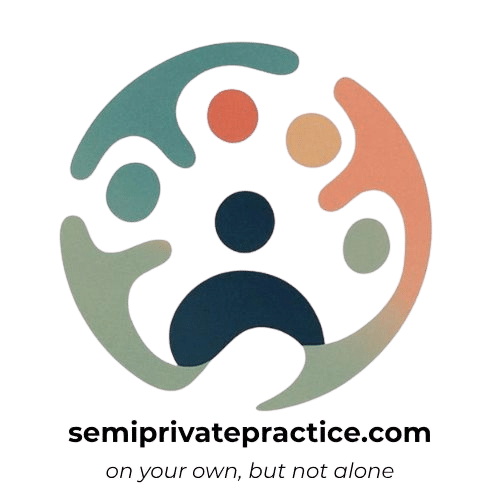Emotional wounds can have significant and far-reaching impacts on our lives. These wounds can be caused by various traumatic or distressing experiences, such as childhood abuse, neglect, loss of a loved one, betrayal, or any event that leads to deep emotional pain and suffering. Here are some of the ways emotional wounds can affect us:
Mental Health: Emotional wounds can lead to mental health issues such as depression, anxiety, post-traumatic stress disorder (PTSD), and other mood disorders. The unresolved pain and trauma can create a constant state of distress and affect the way we perceive ourselves and the world.
Relationships: Unhealed emotional wounds can impact our ability to form healthy and secure relationships with others. Trust issues, fear of abandonment, and difficulty expressing emotions are common challenges faced by individuals carrying emotional scars.
Self-Esteem and Self-Worth: Emotional wounds can negatively impact self-esteem and self-worth. Experiences of rejection, criticism, or humiliation can lead to feelings of unworthiness and a negative self-image.
Behavioral Patterns: People with unresolved emotional wounds may develop unhealthy coping mechanisms such as avoidance, substance abuse, self-harm, or other destructive behaviors to numb or escape the pain they carry.
Physical Health: The mind-body connection is powerful, and emotional wounds can manifest in physical symptoms like chronic stress, headaches, gastrointestinal issues, and compromised immune function.
Career and Personal Growth: Emotional wounds can hinder personal and professional development. Fears, insecurities, and self-doubt may hold individuals back from pursuing opportunities and reaching their full potential.

Communication: Unresolved emotional wounds can hinder effective communication. Difficulty expressing emotions or reacting defensively can lead to misunderstandings and conflicts in personal and professional relationships.
Emotional Regulation: People with unhealed emotional wounds may struggle to regulate their emotions, experiencing intense mood swings or emotional outbursts.
Repeating Patterns: Unresolved emotional wounds can lead to a repetition of harmful patterns in relationships or life choices. For instance, someone who experienced an abusive childhood may unconsciously attract or seek out abusive partners.
Isolation: Emotional wounds can cause individuals to isolate themselves from others as a protective measure, leading to feelings of loneliness and further exacerbating their emotional pain.
Decision-making: Emotional wounds can cloud judgment and lead to impulsive decision-making. Fear, anger, or unresolved emotions may influence choices that are not in our best interest.
Boundaries: People with emotional wounds might struggle to set and maintain healthy boundaries in relationships. They may tolerate unhealthy behaviors or have difficulty saying no, which can lead to further emotional harm.
Achieving Goals: Emotional wounds can create self-doubt and a sense of unworthiness, making it harder to pursue and achieve personal and professional goals.
Healing from emotional wounds is essential to leading a fulfilling and balanced life. This process often involves seeking professional help, such as therapy or counseling, to work through the pain, gain insights, and develop healthy coping strategies. With time and support, individuals can learn to transform their emotional wounds into opportunities for growth and resilience. Chenal Family Therapy offers support. Call us today!
SemiPrivatePractice, LLC is a peer-support coaching organization for therapy practices, founded by former CFT CEO Ken Clark, LMFT




